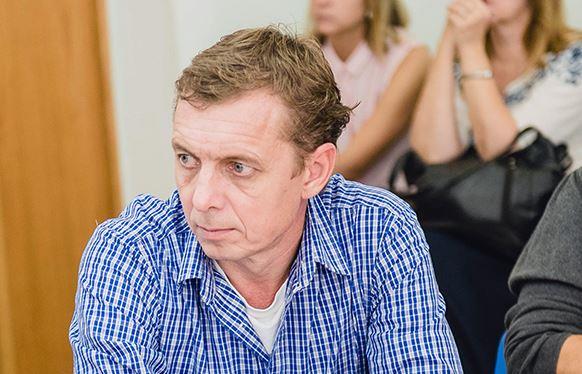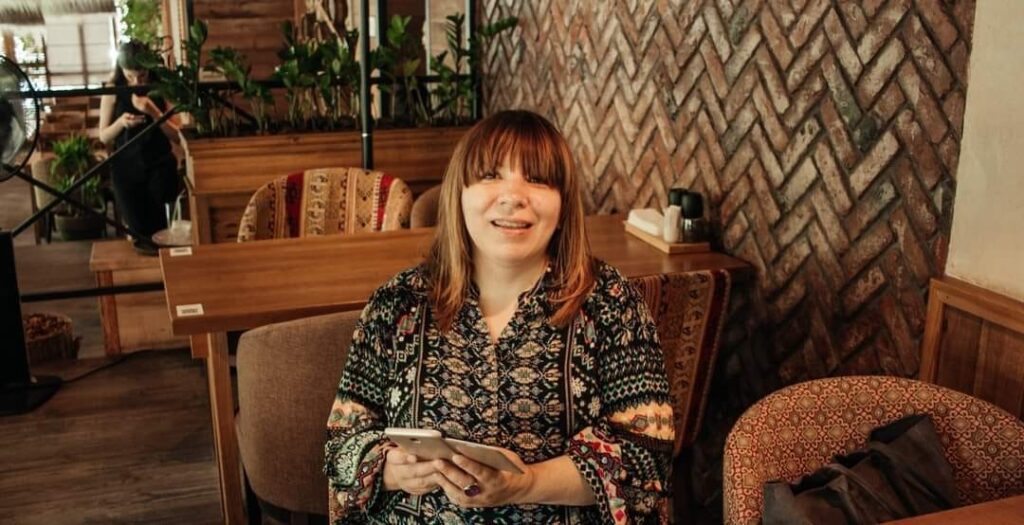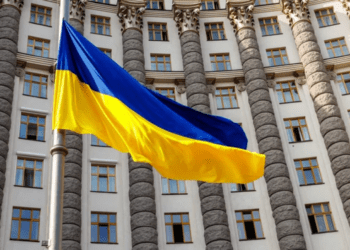Four courses on digital security are available in Ukrainian on the leading international platform, Totem Project.
Specialized online courses for journalists, public activists, and human rights defenders have been adopted by the National Union of Journalists of Ukraine (NUJU) in collaboration with the international organization Free Press Unlimited (Amsterdam, the Netherlands).
The Totem Project platform helps journalists and activists around the world to more effectively utilize digital security and privacy tools and tactics in their work. The courses, which include interactive materials, were developed in collaboration with practitioners. Among dozens of different courses, four were selected for adaptation through discussions among Ukrainian journalists: “Protecting Your Sources,” “Documenting Human Rights Violations,” “Field Research,” and “Desk Research.”
– Although the courses generally retain the structure developed by Totem and Free Press Unlimited training experts, they now include examples and practices from the best Ukrainian publications and journalists. For example, the course “Documenting Human Rights Violations” contains references to the practice of investigating crimes committed by russians in Bucha. The courses can also be used to develop your investigations, research, or protect sources of information,” says Sergiy Tomilenko, the President of the NUJU. “Our colleagues from front-line publications were among the first to receive access to these courses, which are important to support now.”
Ukrainian experts were involved in adapting the courses, including a cybersecurity specialist for journalists, Andrii Yurychko, and an editor and journalist from Kamiyansk, Serhii Huz, who has experience conducting investigations and research, as well as experience working with international publications.

“We tried to bring the courses closer to the needs of our newsrooms, which are supposed to train young journalists and freelancers. After all, today, due to the war, many people work remotely, and training those who come to us is very complicated,” explained his role Serhii Huz. “These courses have already come in handy both for those who are just starting to work in the field of research and investigations and for experienced colleagues who often need to update their knowledge of digital security. You will find many examples here from leading Ukrainian media.”

It is worth mentioning separately the course called “Documentation of Human Rights Violations.” It is as close as possible to work in adverse conditions, such as the threat of authoritarianism or occupation. After all, many of our colleagues are still preparing news under the threat of arrest by russian invaders. Therefore, the NUJU hopes that certain digital security measures will enable them to perform their work more effectively and with reduced risk.
“I took the course called “Office Research for Journalism” from Totem with great interest. It is extremely relevant and useful,” believes Lviv journalist Nataliya Voitovych. “On the positive side, I can note the detailed instructions and a clear algorithm of actions for each of the modules. This course will be interesting for students and young journalists. It is beneficial that the course introduction describes digital security for journalists. Also useful are links to additional resources, where you can learn more about the material covered in the course and explore further resources for finding information. The graphic design of the course is also interesting, in particular, the use of a turtle as an animation when switching between pages.
Military journalist Yuliya Surkova took the course called “Field Research.”

“Overall, I liked it; it seemed interactive, understandable, and dynamic. I think it is an excellent manual for students and novice journalists,” says Yuliya. “All the advice is relevant; the situations are quite real.”
The online course, titled “Documenting Human Rights Violations,” is informative and useful, according to Maksym Zabelia, a journalist from Myrnohrad, Donetsk Region.

“This course provides a deep understanding of the methods and principles of documenting human rights violations. The exercises and tasks that encourage you to apply theoretical knowledge in practice were especially valuable,” says Maksym. “The course materials are well structured and easily accessible for understanding, which is especially important when you are learning new knowledge online. The course is useful for both those who already have some experience in documenting and those who are just planning to take their first steps in this area. After completing the course and updating your knowledge, you will feel more confident in working with victims.”
Media expert Olha Smetanska is convinced that “Protecting Your Sources” was created to a high professional standard and is very useful for journalists across a wide range of specializations.

“The proposed tools and strategies will help journalists, newsrooms, and sources of information to stay safe,” she says. “It is very important that the information on which the course is based is fresh and up-to-date. Particularly relevant are the tips on how to be careful when publishing information on social media.”
Olha Smetanska considers advice on how to reduce your digital footprint on the Internet to be very important because few people think about this today, and, on the contrary, in most cases, there is a desire to increase it.
“Free Press Unlimited is happy to support the adaptation of specialized online courses for journalists, public activists, and human rights defenders,” the organization states. “In today’s world, digital security and privacy are extremely important for media professionals, especially in conditions of conflict and repression. We are confident that these courses, created in collaboration with leading experts and practitioners, will become a reliable tool for those who provide objective information to the public in the context of information warfare. Our joint efforts are aimed at helping journalists use digital technologies more effectively to protect their sources, document human rights violations, and conduct investigations. We are proud to be able to support our colleagues in Ukraine in their important work.”
You can take the courses by registering on Totem. Registration is quick and easy; you simply need to provide your email, first name, last name, and nickname. Each course lasts 90 minutes and offers the improvement of important digital security and protection skills, improving the efficiency of digital work. Although allocating 1.5 hours to the course may seem problematic, the platform allows you to record your progress and then return to where you left off and continue.
The adapted online courses are free for journalists, and the platforms on which they are hosted are protected from hacking. So, journalists who want to improve their investigative skills can rest assured that their data will not be disclosed.
NUJU encourages journalists to send feedback on the courses they have taken. Such feedback will encourage others to take these courses to improve their digital skills. The remark will be passed on to the development team. Email for correspondence with the person responsible for the Ukrainian adaptation of Totem courses from NUJU: [email protected] (Yurii Mykhailychenko).
NUJU Information Service

 THE NATIONAL UNION OF
JOURNALISTS OF UKRAINE
THE NATIONAL UNION OF
JOURNALISTS OF UKRAINE
















Discussion about this post